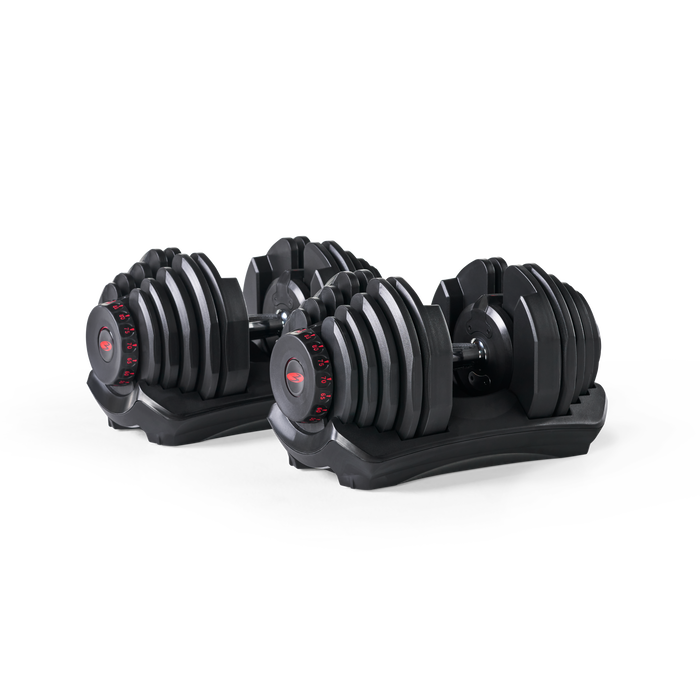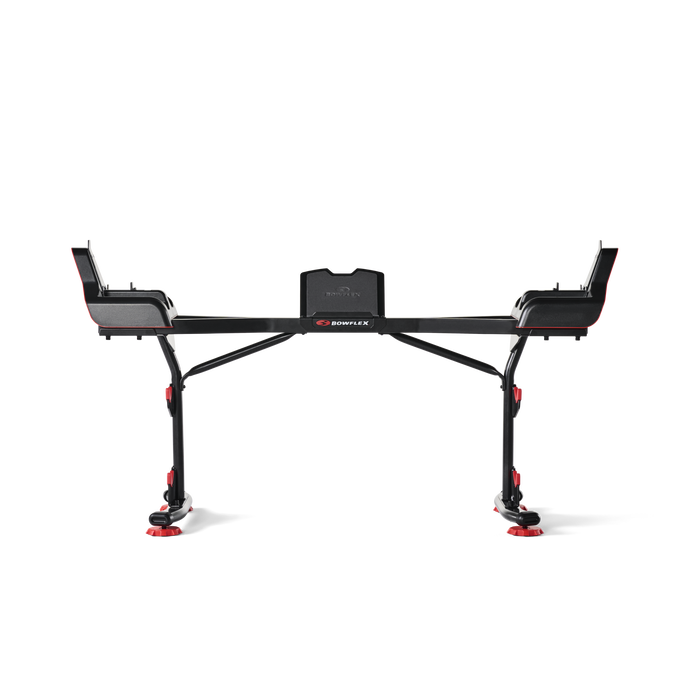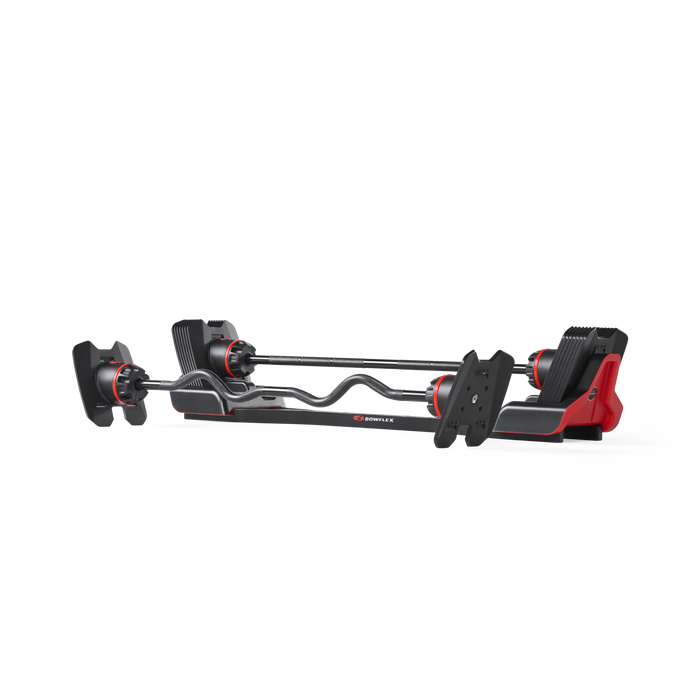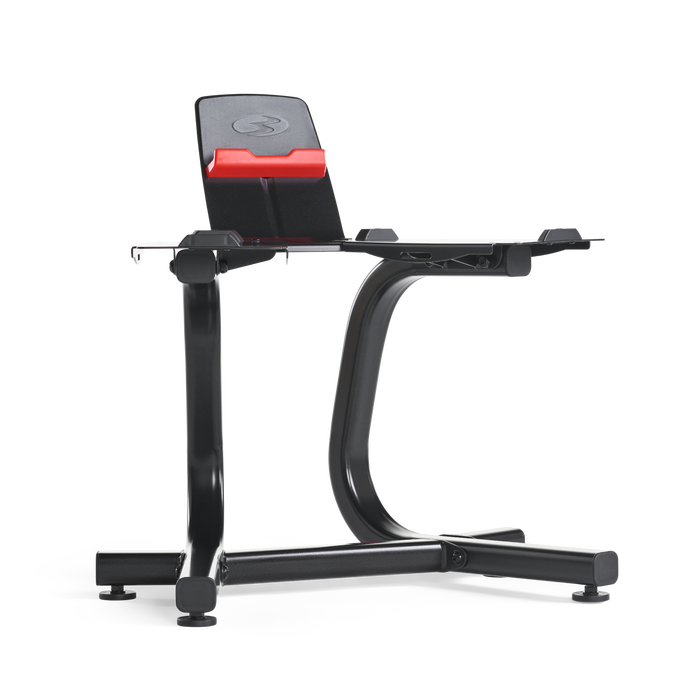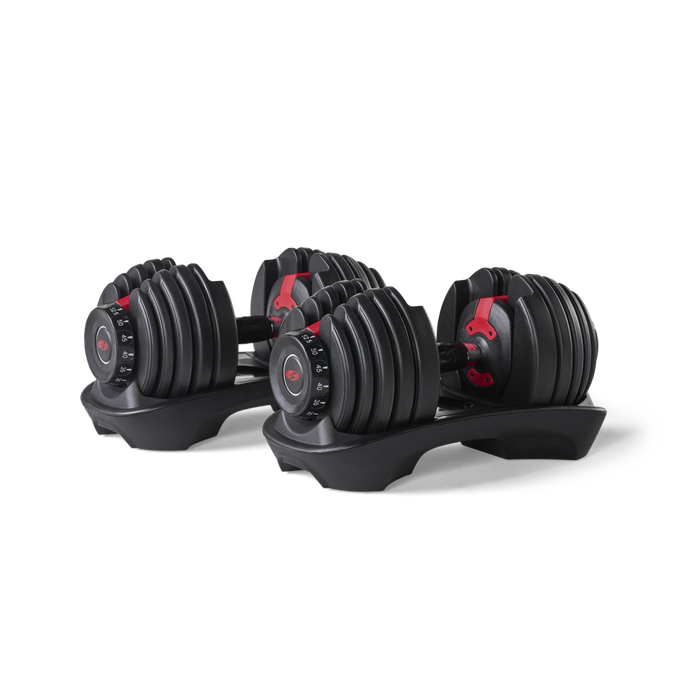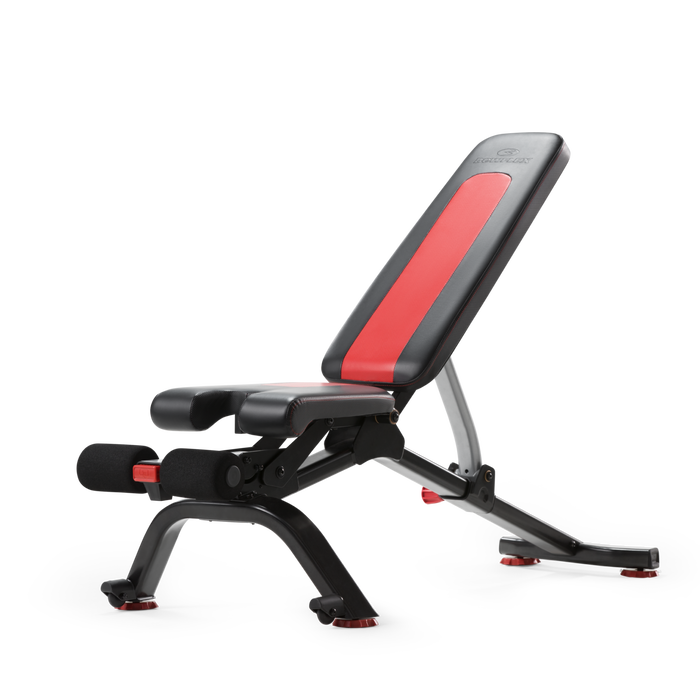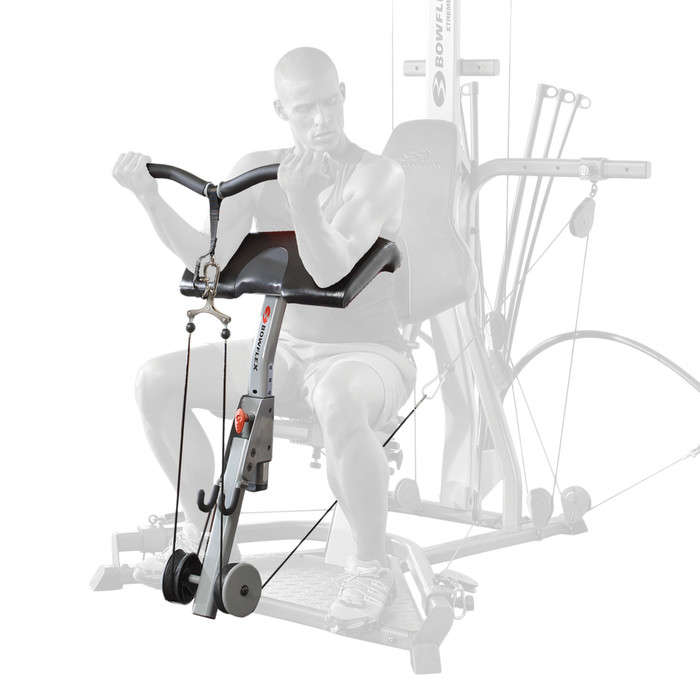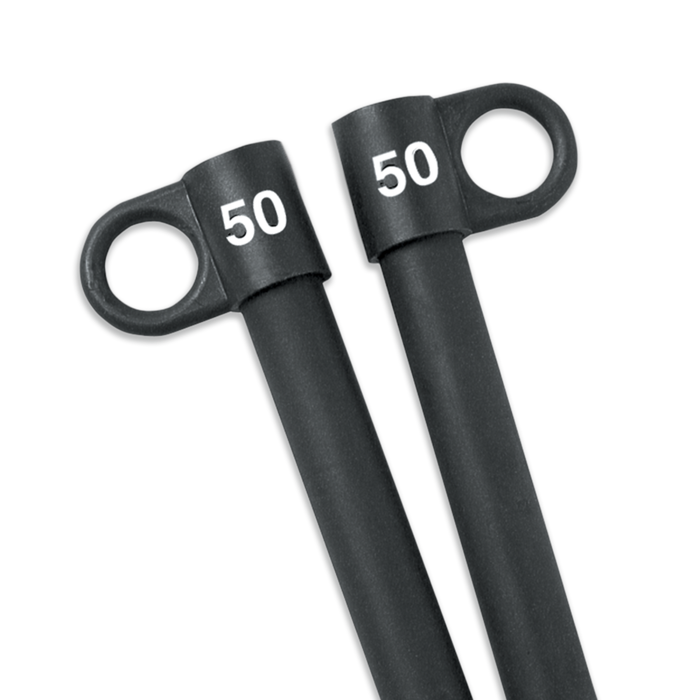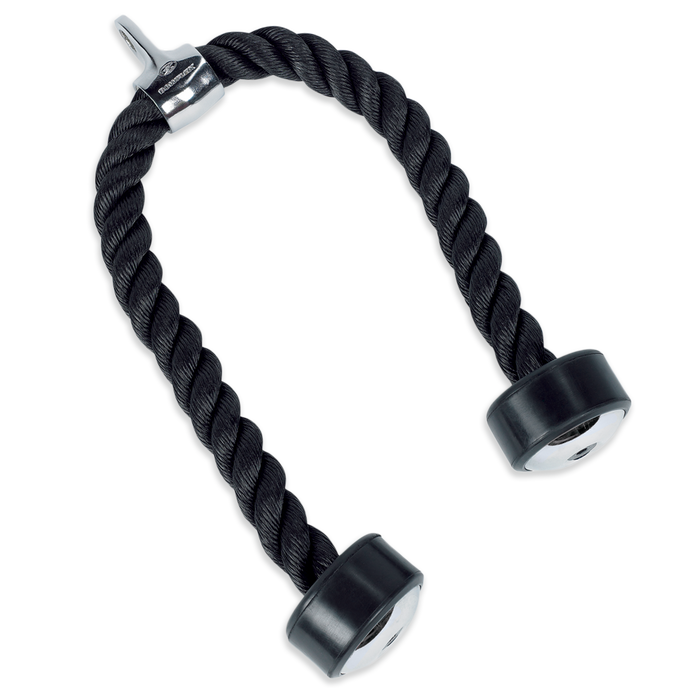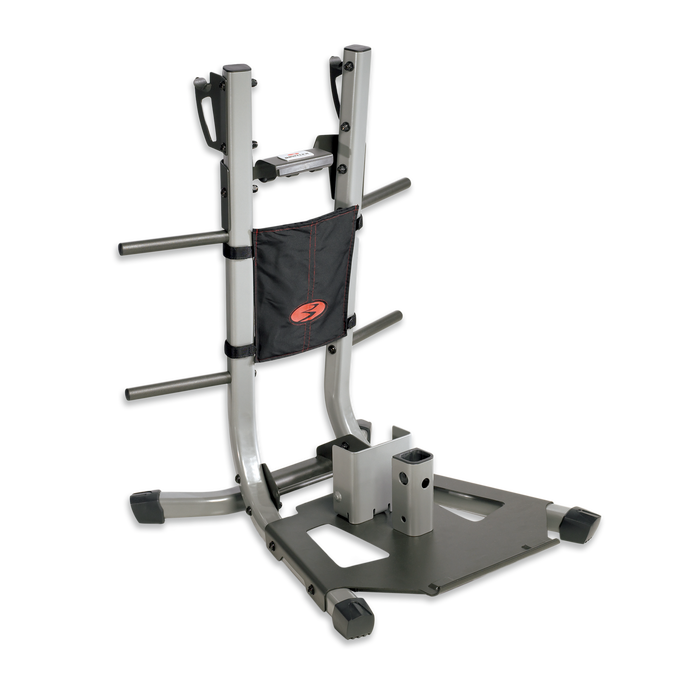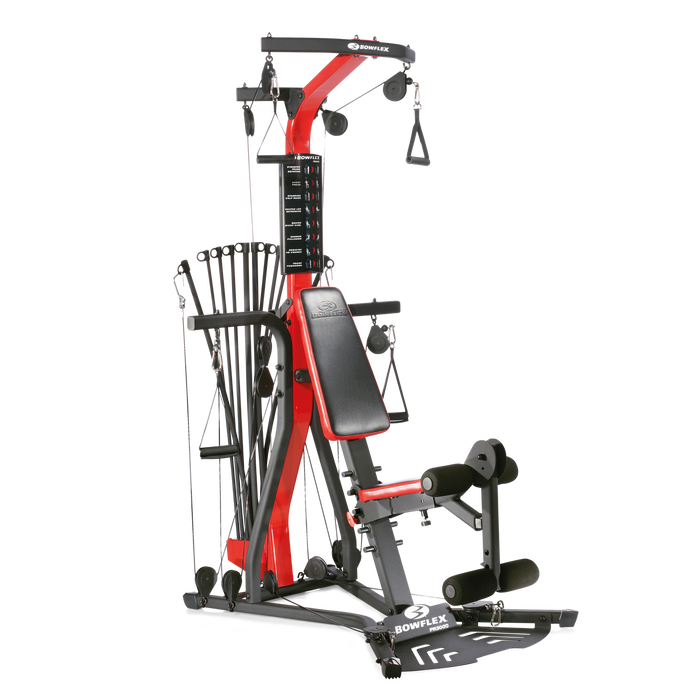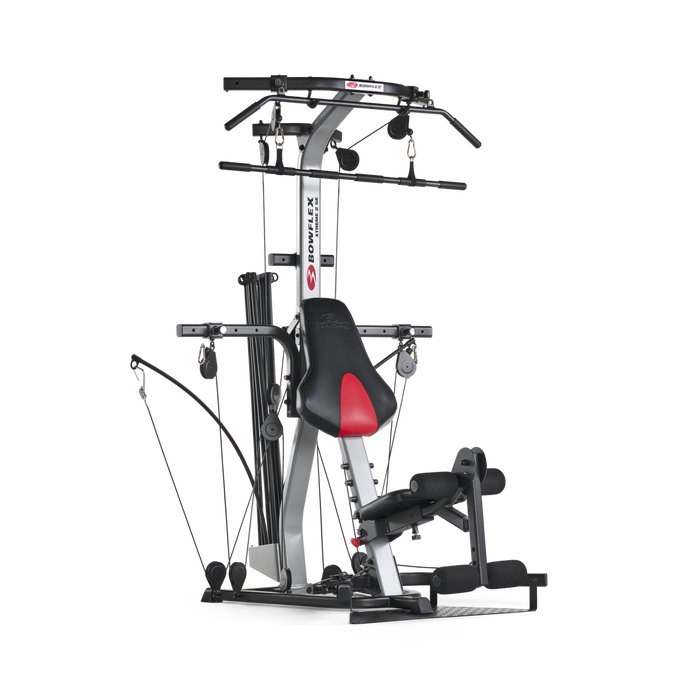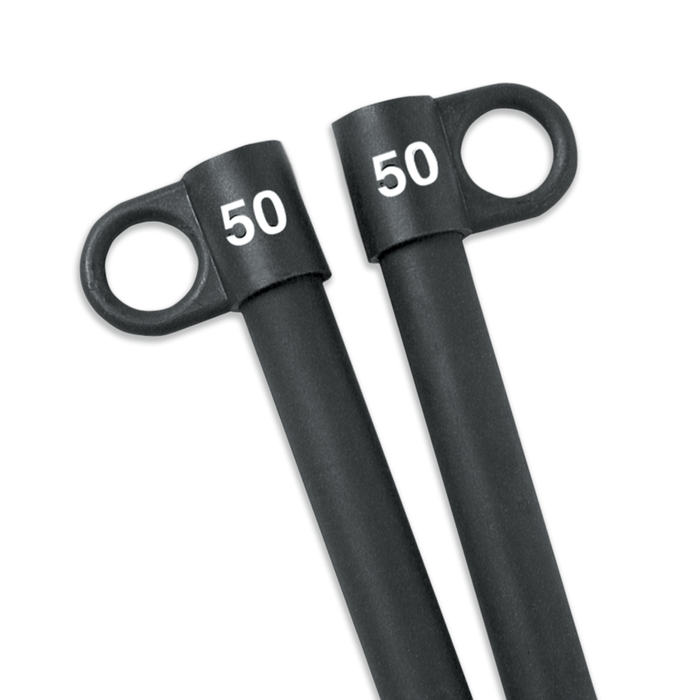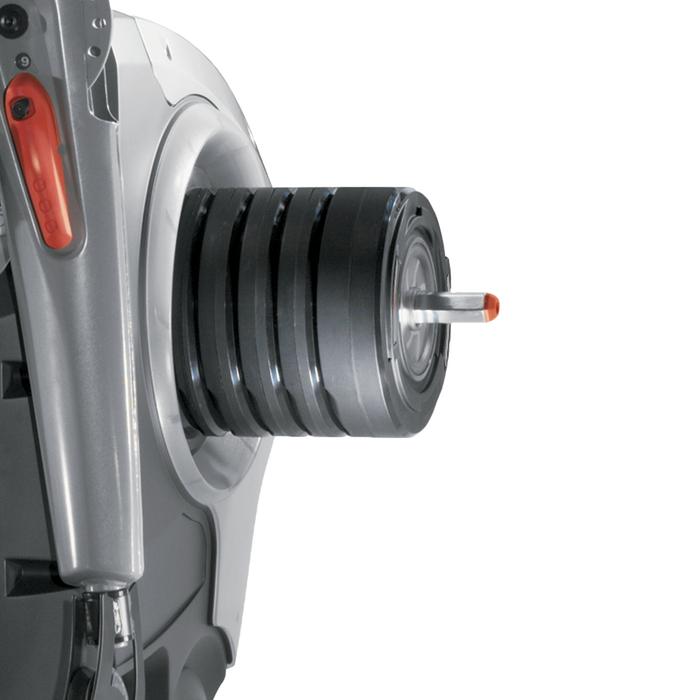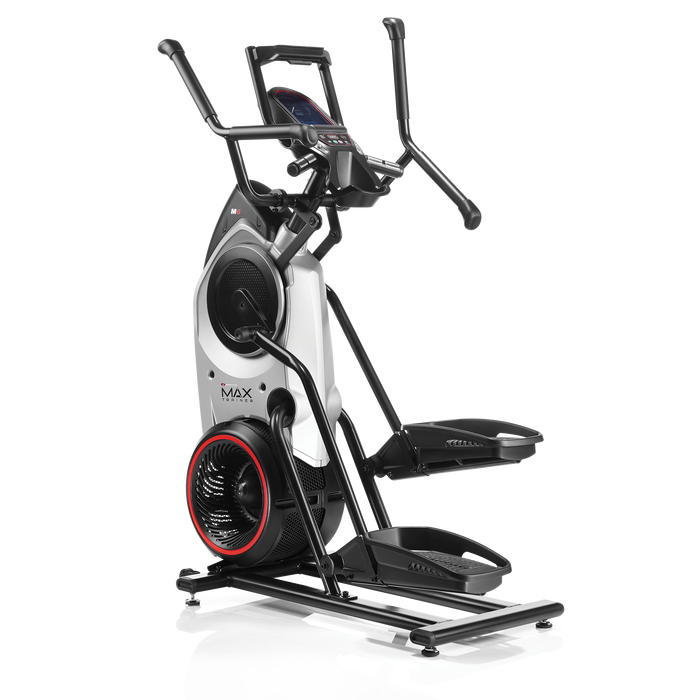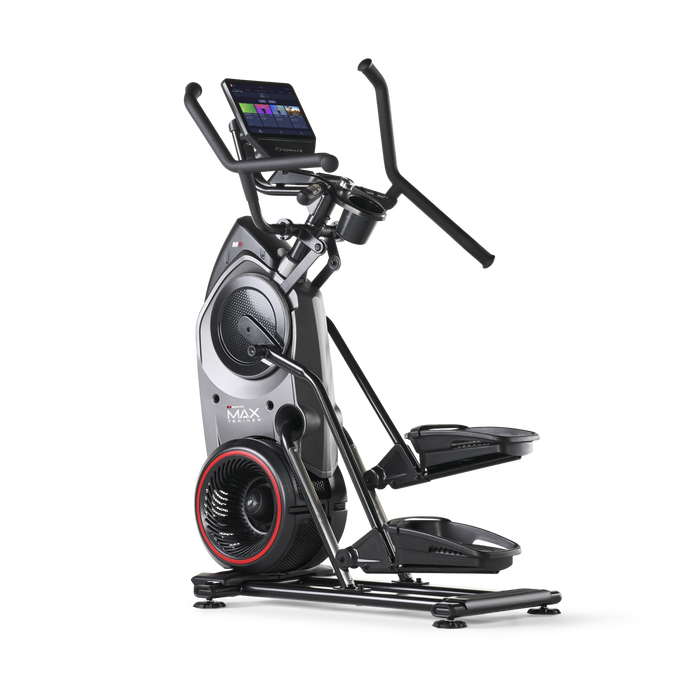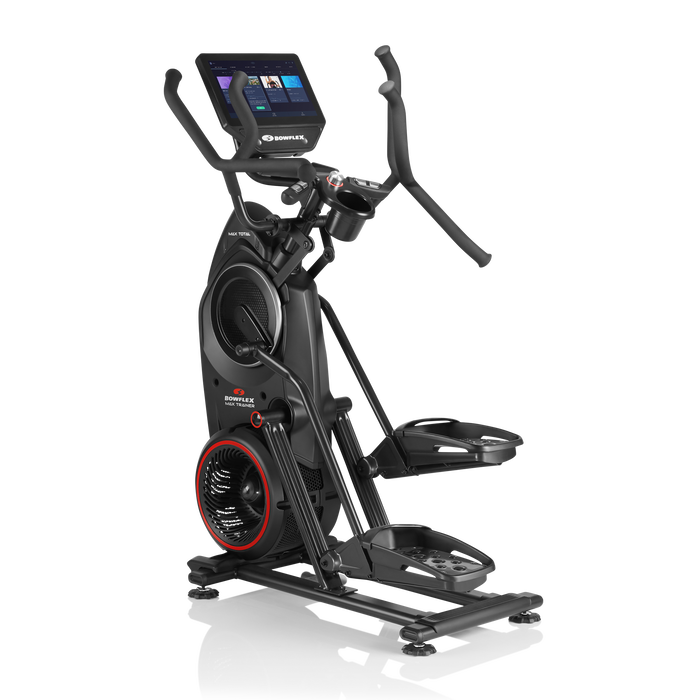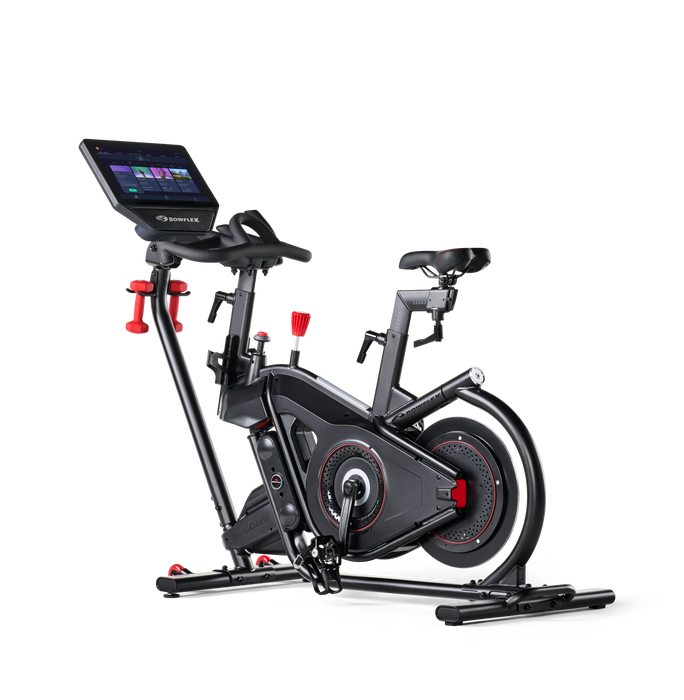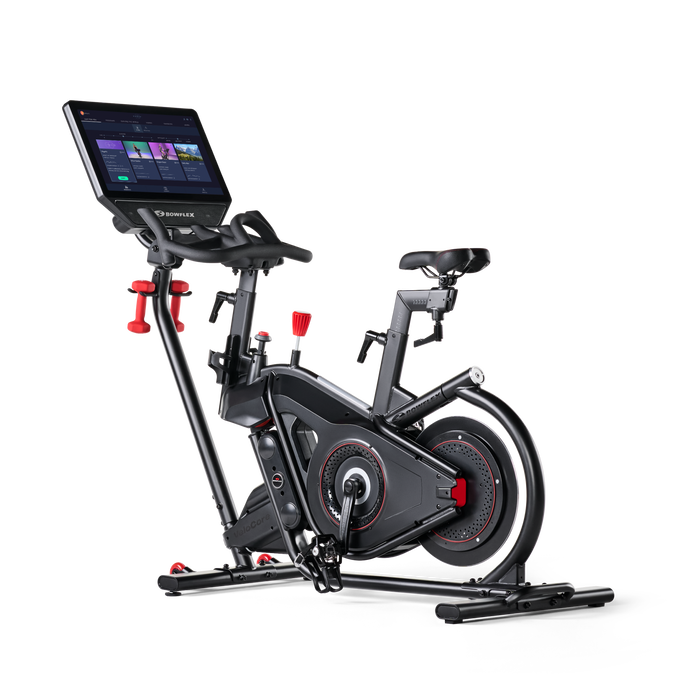Forced Repetitions

For many years, I have lifted solo because I've always found it difficult to find a good lifting partner with the right work ethic, punctuality and schedule.
But lifting by yourself comes with many challenges, especially when you try to go heavier than normal or want to do an extra rep or two to gain extra muscle or strength (overload principle). Pushing yourself past personal records is hard and can be dangerous, causing unnecessary injuries, which is why having a partner is crucial. Studies have actually proven that having a workout partner yields at least 10 percent more gains.
One of the best techniques for partner training is called the forced rep. Forced reps are performed after the initial reps using all of your strength. As soon as the failure has been reached (where you feel like you have reached your limit), two to three repetitions are added onto the routine with the assistance of a partner. This is only meant to offer a little bit of support. Forced reps are there to challenge the body beyond its normal strength limits.
One common mistake during forced reps is that the partner isn't able to adjust his support evenly, providing too much support or too little support. Here are a few tips for the spotter: Start with one to two fingers, then add more fingers to eventually one hand - and then both hands. If the set lasts for more than two or three reps, then the weight was too light to begin with. If the spotter has to use two hands on just one rep, and it is difficult for him or her to lift, then the weight was way too heavy and potentially dangerous for both the spotter and lifter.
Remember: safety is the number one goal. If either one of you gets hurt, then everyone gets set back and the entire principle is not accomplished.
Forced Reps: Advantages and Disadvantages
Advantages
- With a good spotter, strength and muscle mass can increase by at least 10 percent, a must for lifters trying to achieve raw numbers or personal records
- It's a good method for increasing your training intensity from intermediate to experienced lifter
- It's also an excellent training principle to break through training plateaus
Disadvantages
- Can be difficult to find a good partner that works as hard as you do and is reliable
- Forced reps are very demanding on the body's recovery system. The risk of overtraining when doing forced reps is very high. Forced reps should not be done during every training session and only at the end of sets or the entire workout
- Can't use forced reps on all exercises. It is limited to certain movements, such as power moves and exercises that a spotter is able to assist safely
For more information and tips, check my website: www.chadamartin.com.

